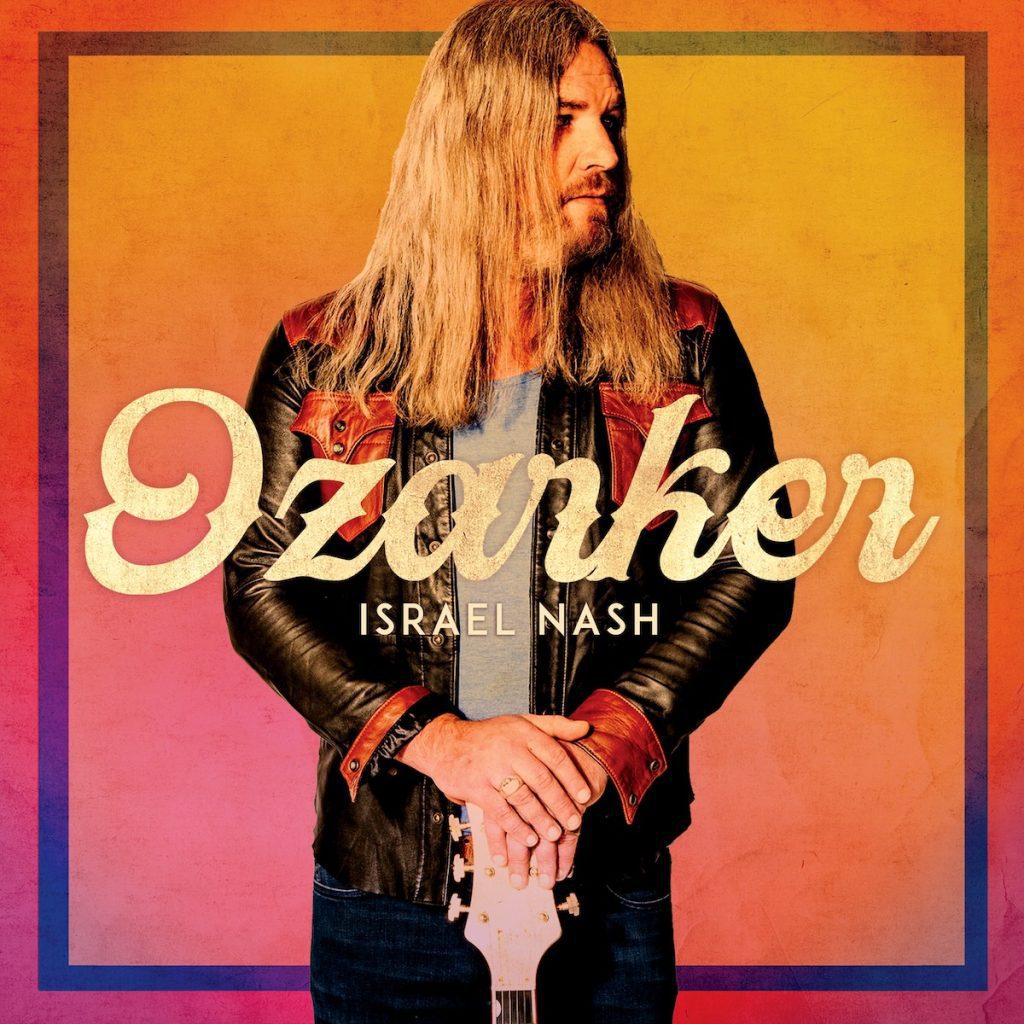ALBUM REVIEW: Israel Nash Rediscovers His Roots on ‘Ozarker’

Israel Nash’s 2009 debut, New York Town, introduced a gifted artist with a powerfully expressive voice in search of both a sound and identity. He grew by leaps and bounds over the next few albums, his songs developing into moody, folk-inflected country-rock that gave more than a nod to Neil Young’s quieter side. By 2014’s Rain Plans and 2015’s Silver Season, Nash started augmenting his acoustic folk with psychedelic dreamscapes reminiscent of Pink Floyd on a weeklong excursion to Laurel Canyon. With 2021’s Topaz, elements of ’70s-era soul and R&B appeared around the edges.
Now comes Ozarker. Teaming with producer Kevin Ratterman (My Morning Jacket, Ray LaMontagne), Nash has not pivoted so much as he’s placed these sounds inside a framework of driving yet atmospheric heartland rock. In doing so, he’s created his greatest studio achievement so far.
Over soaring, reverb-drenched choruses that linger in the mind and on the tongue long after the music has faded are lyrics that celebrate movement and settlement, family and independence, vulnerability and resilience. They also reflect stories passed down from Nash’s family tree. Although he’s spent time in New York City and now resides in Dripping Springs, Texas, Nash was born in Aurora, Missouri. For this album, he wanted to explore his lineage, so he talked with his mother, who shared stories of his ancestors. The result of this research comes to bear in the title track: a sweeping, musically joyous top-down rocker complete with a “sha-la-la” chorus with lyrics that recall his migrant great-grandfather’s love for an orchard owner’s daughter.
Echoes of the heartland flow all through Ozarker. The album’s sound evokes an endless open road under spacious blue skies. The ghost of Tom Petty drifts through, as does thoughts of Seger and Springsteen, but they’re not distractingly apparent (save from the very Springsteenian subject matter of “Going Back,” which details “one last job” that involves a bank just “down the road from the old Johnson Mill”). Instead, they act as subtle reference points that root the album snugly in its musical lineage.
The basic tracks for Ozarker were recorded in 10 days in Nash’s home studio with guitarist Curtis Roush, drummer Patrick Hallahan, bassist Seth Kauffmann, and Eric Swanson on pedal steel. The synths, more guitars, and vocals were added in Los Angeles to give the album a depth that resonates much stronger than the vapid arena rock one may expect from such a description.
Even the ballads take root with dreamy, hook-driven choruses (“Pieces,” “Lost in America”), while the ease of tracks like the closing “Shadowland” offer the best mix of compelling storytelling and rock-and-roll mood-setting in quite a while. Ozarker is an album that gets better, and deeper, the more it’s played.
Israel Nash’s Ozarker is out Oct. 20 on Soundly Music.





